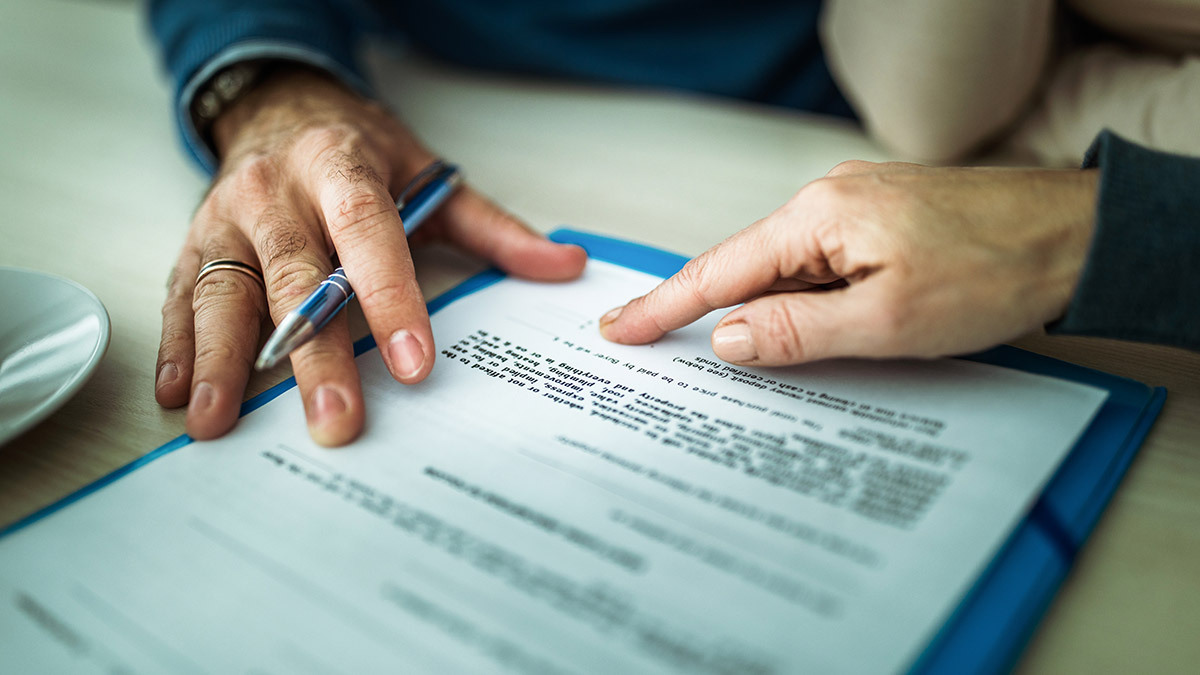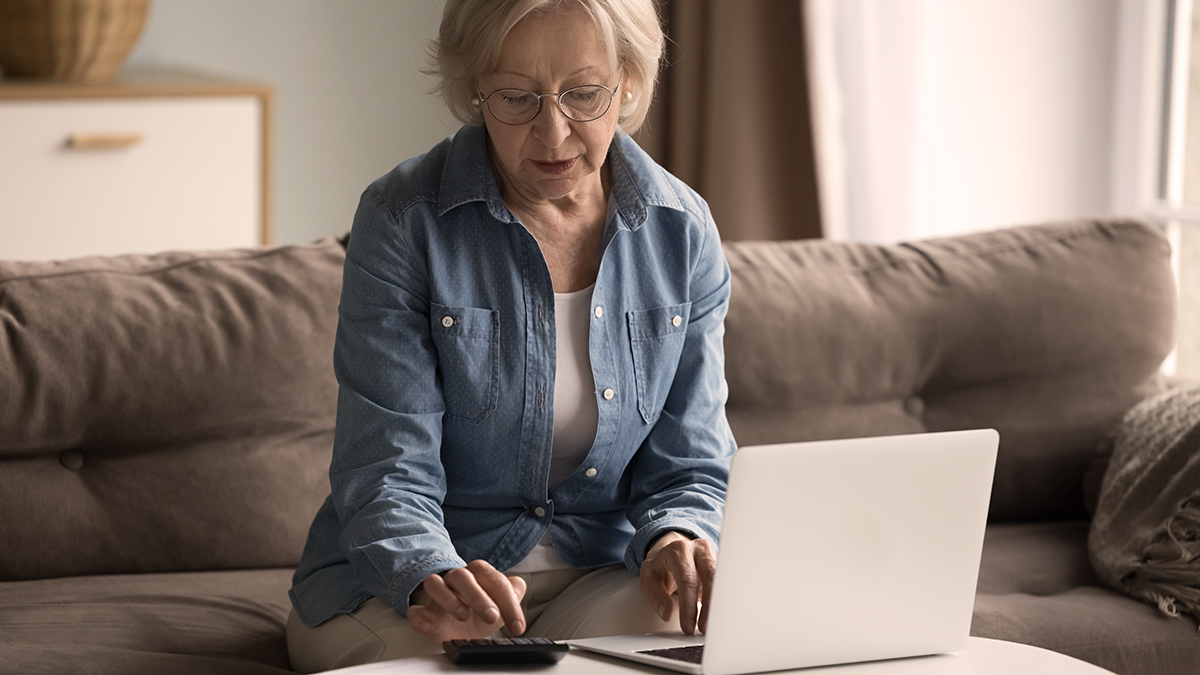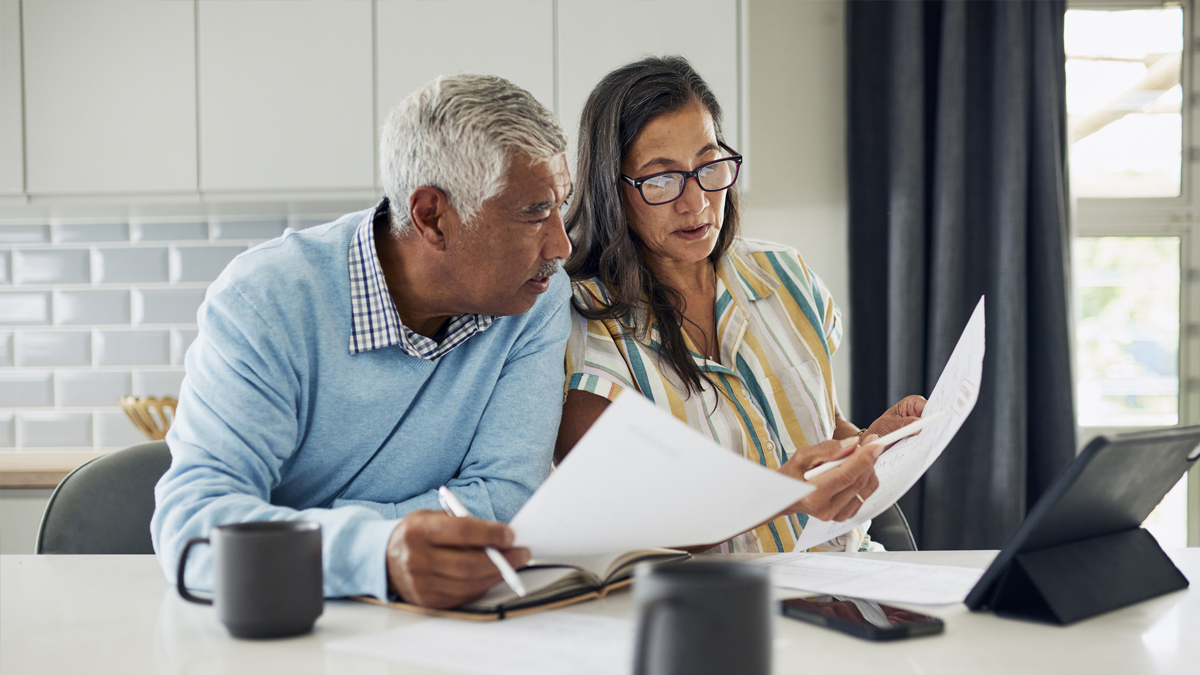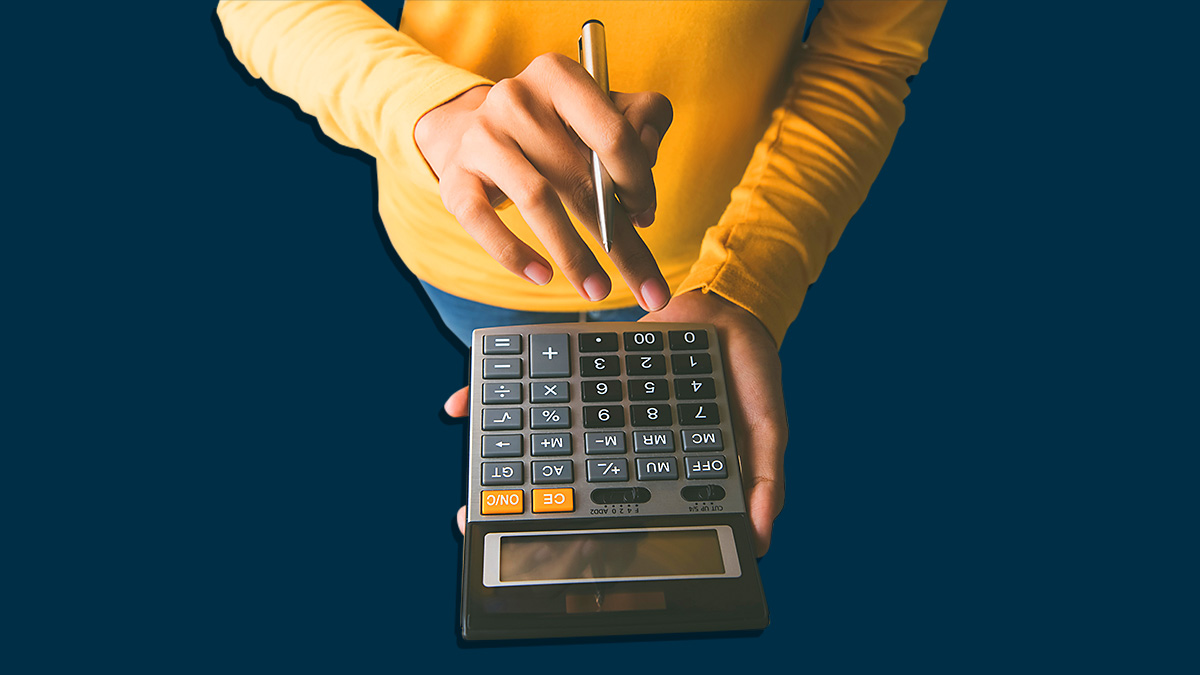Get our independent lab tests, expert reviews and honest advice.
What are reverse mortgages and the Home Equity Access Scheme?

Need to know
- Many Australians don't make the best use of their savings in retirement
- Reverse mortgages and the government's Home Equity Access Scheme (previously known as the Pension Loans Scheme) are a way to tap into some of the value of your home without selling it
When you think about having more income in retirement, it’s easy to focus exclusively on options such as choosing a better super fund, working more, or squirrelling away more money during your working life. All these measures focus on the accumulation phase, when you’re working and building up your nest egg.
The recent Retirement Income Review (the review) found there’s been too little focus (from policy makers, the media and super funds themselves) on how retired Australians use the savings they’ve built up during their working lives.
It can be particularly useful if you’re asset rich and cash poor
The review concluded that many Australians could have “substantially” better lifestyles in retirement by releasing equity (i.e. money derived from its value) from their homes.
Although this option won’t be for everyone, it’s worth considering. In the right circumstances, it can let you tap into the unused value of your house and enjoy more income in your retirement years. It can be particularly useful if you’re asset rich and cash poor – that is, if your house is worth a lot of money, but you don’t have a lot of cash that you can actually spend.
What is a reverse mortgage?
This involves giving another party (such as a bank or mortgage provider) part of the equity in your home. Moneysmart defines ‘equity’ here as “the value of your home, less any money you owe on it.’
In return, you can get a regular income payment, an amount in credit, or a lump sum. You can also choose a combination of these payments.
Some reverse mortgages are designed to help you pay for aged care
You don’t have to make repayments until you sell the house or move out. Generally, you can make early repayments if this suits you.
You can use the money you get to cover your costs, repair your home and tailor it to your new lifestyle. Some reverse mortgages are designed to help you pay for aged care.
The percentage of the value of your home you can give to the bank will depend on your age and your home’s value.
How it works: Rose’s story
Rose is a single pensioner who owns a home worth $500,000. She wants to make some renovations to her property to suit her needs and to travel overseas to see family.
To fund her plans, she takes out a reverse mortgage for $50,000 and chooses to receive it as a lump sum.
Over time, the value of her home goes up and, when she dies, her children (her beneficiaries) sell the house for $700,000. The bank is owed the $50,000 plus the interest that accumulated since she took out the reverse mortgage.
For Rose, the reverse mortgage meant she had more income to spend during her retirement years.
The review didn’t suggest more people should make use of home reversions, but they’re often discussed alongside reverse mortgages.
So what is a home reversion? It involves selling a portion of the equity in your home outright at a discounted price. ASIC’s Moneysmart website says you may get only 25% of the market value of whatever share in your property you sell.
How it works: Bob’s story
Bob owns a house worth $500,000 and sells 20% of the equity to a bank as a home reversion.
Instead of getting the ‘market rate’ of $100,000, Bob gets a reduced rate – in this case, 25%, for his equity. This amounts to a lump sum of $25,000 to spend in retirement. He doesn’t have to pay interest on this sum.
A home reversion involves selling a portion of the equity in your home outright at a discounted price
When Bob dies, he leaves his house to his children, who decide to sell. By this time, his house has gone up in value to $650,000.
But because of his home reversion, the bank is still owed 20% of the house’s equity (which includes its rise in value).
So when Bob’s children sell his house, they have to pay back the bank 20% of $650,000, which comes to $130,000.
As you can see, a big downside of these schemes is you don’t get to benefit from the increase in house value from the stake the bank owns. That said, if the house value decreases, the bank will share in that loss when the house is sold (because, in Bob’s example, it would still get 20% of the sale price).
What should I weigh up when considering a reverse mortgage?
A reverse mortgage is a way of getting some benefit from the value of your home (and continuing to live in it), instead of all of this value flowing to your estate.
Unavoidably, it means your children (or those you leave your assets to) won’t get as much in their inheritance. The review pointed out that leaving an inheritance isn’t the purpose of the super system, but it may be important to you.
Pamela Hanrahan, professor of commercial law and regulation at the University of New South Wales, says that reverse mortgages aren’t for everyone, but can be a good option for some.
“My personal view is you also help your children by living a good life in retirement and not feeling like you are a burden on them,” she says. “Shout them a nice dinner while you are here to enjoy it too!”
It’s worth keeping in mind that a reverse mortgage is essentially a loan
It’s also worth keeping front of mind that a reverse mortgage is essentially a loan. This means you’ll eventually need to pay back the principal (the money you get from the bank) plus the interest that compounds over the course of the reverse mortgage.
ASIC’s Moneysmart has a reverse mortgage calculator, which can help you calculate exactly how much you’ll owe the bank at the end of the reverse mortgage.
When you’re considering taking out a reverse mortgage, the loan provider must give you printed projections from this calculator of how much it’ll cost in different scenarios.
It’s vital that you weigh up a range of outcomes for your reverse mortgage, as changes in interest rates and home prices will affect how much you (or those who inherit your estate) will get from the sale and how much the bank will end up with.
Reverse mortgages vs Pension Loans Scheme
Reverse mortgage
- Offered by banks and mortgage providers
- As of February 2023, interest rates ranged from 6.5% to 8.42%
- You may have to pay a small application fee for the loan
- Could impact how much you get from the Age Pension
Pension Loans Scheme
- Offered by the government
- Since 1 January 2022, the interest rate is 3.95%
- No fee to apply for or begin the loan
- Doesn’t impact how much you get from the Age Pension
Common to both:
- You can remain in your home
- Can pay you either a regular income or a lump sum
- You can free up money to improve your standard of living or for needs such as aged care or home renovations
- Usually repaid with the sale of your home, but you can pay it off early
Home Equity Access Scheme
One way to take out a reverse mortgage is through the government’s little-known Home Equity Access Scheme (HEAS). This initiative was previously called the Pension Loans Scheme.
This scheme is for people of Age Pension age. You don’t actually have to be getting the Age Pension to qualify – if you would get it but you’re over the assets and income test, you’re still eligible.
There are three main eligibility requirements to take part in the initiative:
- You (or your partner) need to have equity in Australian real estate.
- You can’t be bankrupt or subject to an insolvency agreement.
- You need to have adequate insurance to cover the property.
Instead of using equity in your home as security with for a bank loan, as you do in a commercial reverse mortgage, with the scheme you get the loan from the government. You use your house as security and get a fortnightly income stream.
An important aspect of the scheme is that this money isn’t assessed as part of your income for the purpose of the Age Pension. This means that, in the right circumstances, it can boost your retirement income without reducing your pension payments.
As with a commercial reverse mortgage, the loan is generally repaid when you die and your house is sold or transferred. If you sell your house before you die, you’ll have to pay the loan back, unless you have another property you can transfer the loan to.
How much can I get through the Home Equity Access Scheme?
You can get up to 1.5 times the maximum pension rate when your HEAS income and Age Pension income are combined.
Three examples of how the HEAS would work:
Ethel is a single retiree who currently receives a full Age Pension. She could get an additional income that’s half her pension rate (1 + 0.5 = 1.5).
Alex and Taylor are a couple who currently receive 75% of the maximum Age Pension rate. They could get an income that’s the same amount as their pension payments (0.75 + 0.75 = 1.5).
Harold and Sarah are self-funded retirees. They’d be eligible for the Age Pension, but don’t get it because they’re over the assets test. They could get an income that’s 1.5 times the full pension rate (0 + 1.5 = 1.5).
How much interest will I pay?
On 1 January 2022, the interest rate dropped to 3.95%. As of February 2023, this compares favourably with advertised reverse mortgage rates from banks and loan providers, which ranged from 6.5 to 8.42%.
This rate compounds every fortnight on the money you owe, but you don’t have to pay it back until you die (then the amount you pay back is taken out of your estate). This is a key point – a submission to the review suggested that people may not realise that you don’t have any repayment obligations until you sell your property.
You don’t have any repayment obligations until you sell your property
Moneysmart’s Reverse Mortgage Calculator can help you work out how much a reverse mortgage would cost over different periods of time.
There’s also some flexibility with the scheme – if you decide you don’t need the income any more, you can stop getting the income at any time. You also have the option to make early repayments.
What happens if you haven’t paid off the loan when you die?
If you still owe money after you die, the government will generally seek to get repaid after 14 weeks. If your partner is of Age Pension age and living in the house that the loan was on, they may defer repayment, although interest will continue to build up on the loan.
If the property is sold, your estate (for example, your children) will owe the remaining loan money, which will come out of the proceeds of the sale.
Your estate will owe the remaining loan money, which will come out of the proceeds of the sale
If ownership of the property has passed to your estate, the estate would owe the government the remaining loan money. This means that if you want to ensure that your property can go to your children you’ll need to plan for this and work out if they’ll have enough money to pay off any remaining debt.
How can I find out more or apply for the Home Equity Access Scheme?
You can apply for your Centrelink account using this form.
Financial Information Services officers can give you more information.





